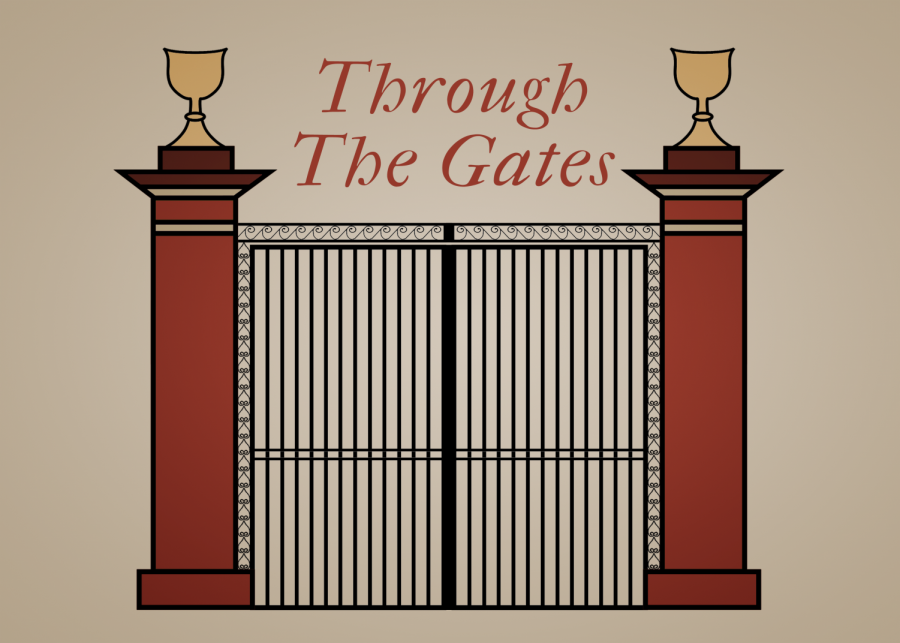Through the Gates: Applying science education to solve critical problems
October 4, 2019
I just returned from spending two great days at Bucknell. I was participating with other alumni in an Industry Spotlight on Healthcare and Related Industries on Sept. 17 and 18. The Center for Career Advancement (CCA) could not have picked more perfect weather! The two days at Bucknell provided the opportunity for me to reflect back upon how my experiences at Bucknell fundamentally shaped my career and my future.
First semester freshman year, I took my first organic chemistry class with Professor Harold Heine. He hooked me on the fun of organic chemistry. I joined the BS/MS program and started doing independent research with Heine. He and the other chemistry professors provided me with rigorous training and the foundation to succeed at Duke University, where I chose to continue my education and get a Ph.D. From there, I joined the pharmaceutical industry, utilizing chemistry to make drugs for human health.
I feel fortunate to be part of an industry where my career is interesting, yet fundamentally important. My company helped to transform HIV from a death sentence to a chronic disease, and we worked for 10 years to develop a safe cure for HCV. Moreover, my company has worked to ensure access to our drugs in the developing world where there is the greatest need for such products. We out-licensed our patents to Indian generic companies to compete with each other and drive down the costs of our drugs. Ninety-five percent of the patients on our HIV drugs are not taking our branded drugs. In other words, we do not receive any revenue as a company but we are proud employees of a company that doing the right thing.
My friendships that began at Bucknell have continued to grow stronger over the years. A great example is how so many Bucknell alumni have come together to support Champions Community Foundation, which was started by two of my Bucknell classmates Rick and Nancy (Murphy) Thompson ’79. Rick and Nancy have a physically-challenged young adult and recognized the need for social and independent living for adults with disabilities. The two of them have been a catalyst for their community and beyond. Many Bucknellians have come together to support their efforts with time or treasures. In addition, Bucknellians have brought their companies in to solve unique problems of people with disabilities who are living independently; turning off lights, adaptive clothing, etc.
I was sharing this experience with the Bucknell swimming and diving team during my visit. I thought that Coach Schinnerer summed it up well when he closed by saying, “Look around you. You do not know who of you might come together 30 years from now to solve some important problems or issues.”





















